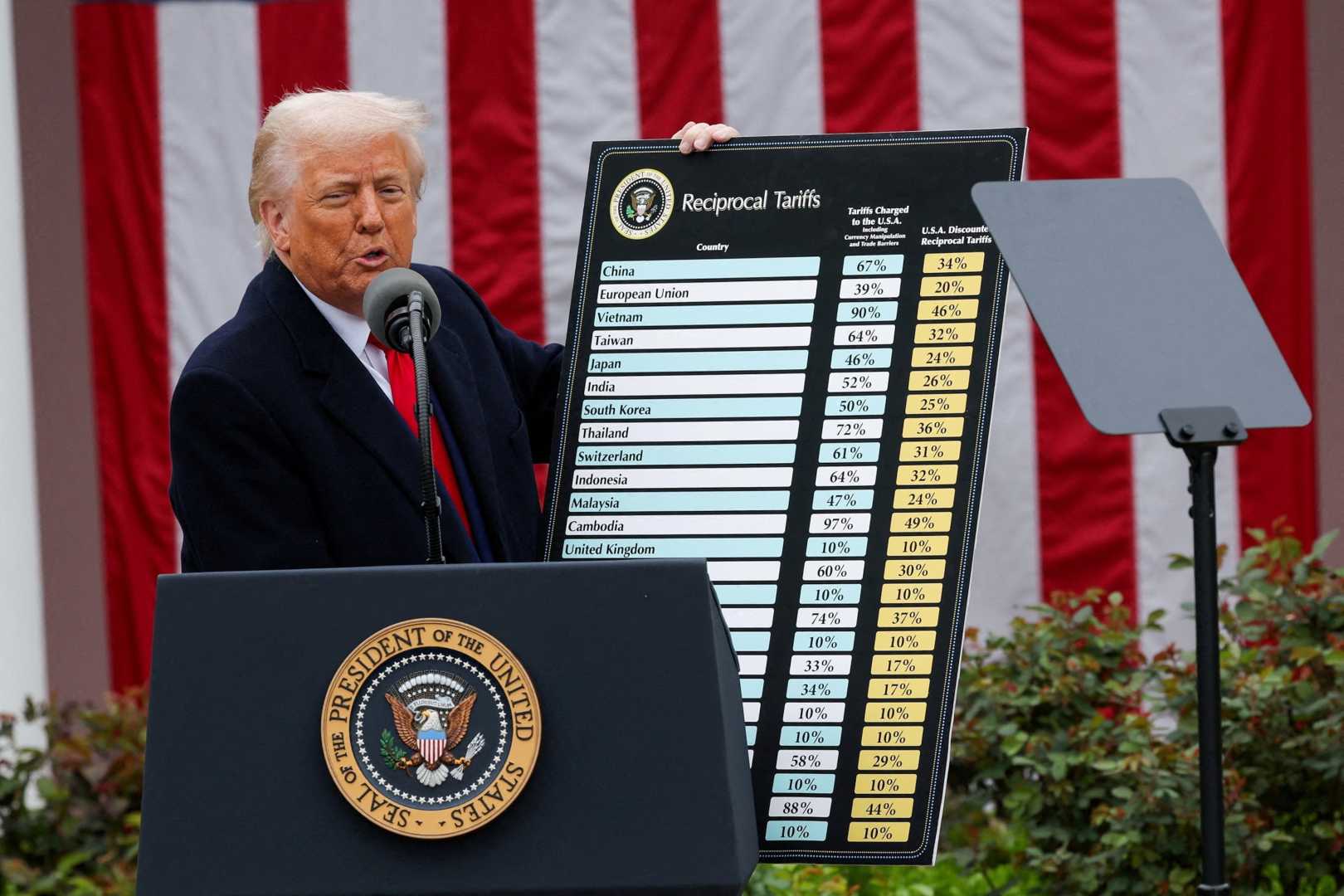Business
Trump Implements Heavy Tariffs on 69 Countries Amid Trade Tensions

WASHINGTON, D.C. — President Donald Trump has announced a new set of tariffs impacting 69 countries, further escalating the ongoing global trade standoff. The executive order, signed just before a key trade deadline, imposes import duties ranging from 10% to 41% on various goods from these nations.
Among the toughest measures are increased tariffs on Canadian products, with rates climbing from 25% to 35%. Trump criticized Canada for not adequately addressing the flow of fentanyl into the United States. Brazil faces the steepest tariff at 50%, while India, Taiwan, and Switzerland will see their tariffs rise between 20% and 39%.
In a sharp contrast, Mexico has received a temporary reprieve from a proposed 30% tariff thanks to diplomatic discussions between Trump and Mexican President Claudia Sheinbaum Pardo. “We avoided the tariff increase announced for tomorrow,” Sheinbaum posted on social media.
South Korea has accepted a 15% tariff on exports and pledged $350 billion in investments in the U.S. Fearing escalating trade wars, Trump warned that some trading partners have not aligned with U.S. economic and national security interests well enough.
China, facing similar tariffs, has until August 12 to negotiate with the Trump administration following earlier agreements intended to ease trade tensions and ensure the continued export of rare earth minerals.
Trump invoked the 1977 International Emergency Economic Powers Act, stating that the rising U.S. trade deficit warranted declaring a national emergency. This legal framework allows him to navigate the complexity of international trade laws while addressing domestic concerns regarding fentanyl.
However, a May ruling from the Court of International Trade raised concerns about the legality of these tariffs. During a June hearing, judges expressed skepticism about their validity, which could set the stage for potential legal challenges.
The new tariffs are expected to raise consumer costs for imported items, with preliminary data from the Commerce Department indicating price hikes on furniture, electronics, and apparel. Critics warn that the measures may strain relationships with allies and escalate legal and geopolitical disputes over trade authority.












